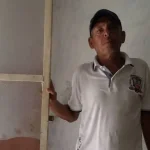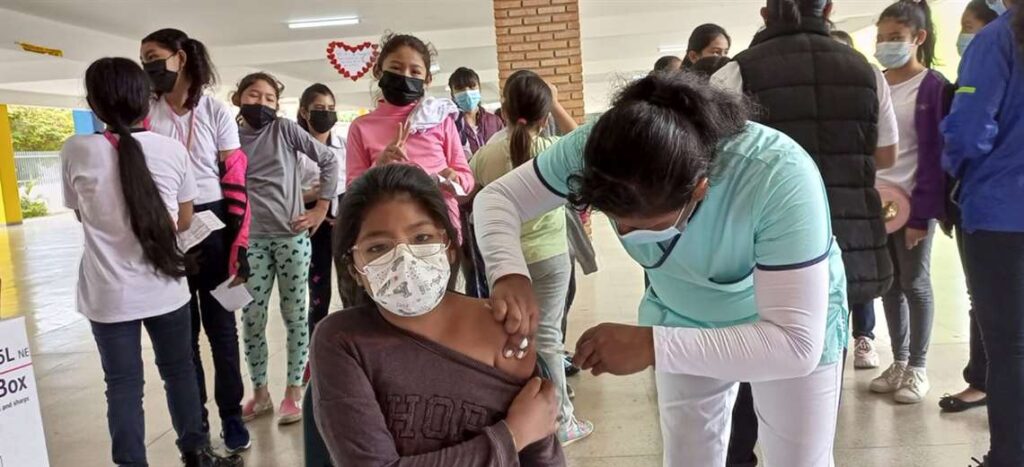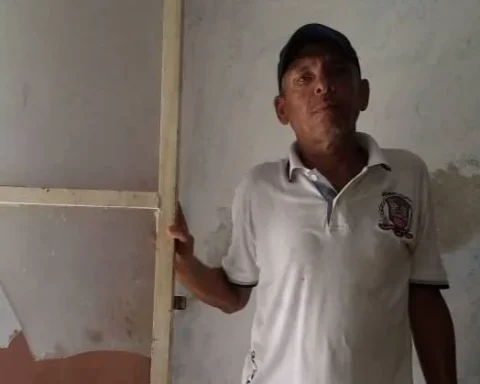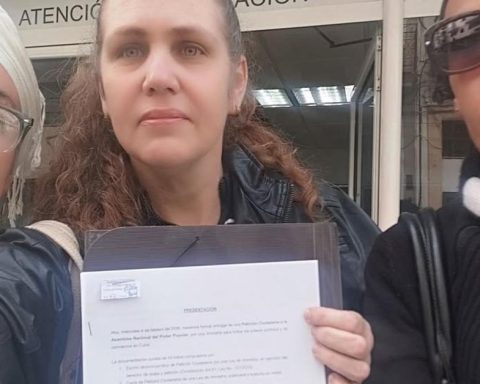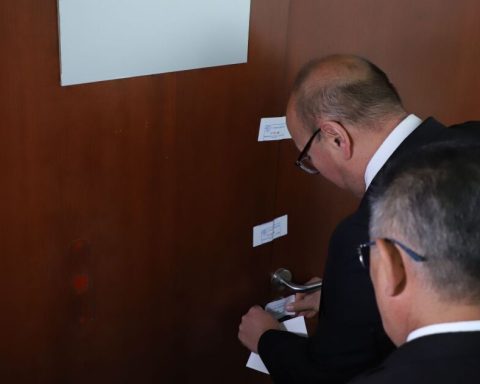The Senate of the Nation approved this Thursday, and turned to Deputies, the bill presented by the interbloc of the Front of All who creates the Social Security Debt Payment Plan, whose objective will be to regularize the income of pension contributions of people of retirement age and who have missing payments for access to benefits.
The file received 38 votes in favor of the Front of Allhis allies and the senator of Córdoba Federal, Alejandra Vigo; six against Y 18 abstentions provided by the interblock Together for Change.
The initiative establishes that the benefit plan will be made up of a Payment Unit and a Contribution Cancellation Unit for active workers.
In article 3, it establishes that the periods to be included in the plan will include Periods that are prior to December 2008 including for those who adhere to the Payment Unit and prior to March 31, 2012 for the cancellation of contributions.
In the case of Payment Unit, will govern for a term of two years counted from the entry into force of the law and may be extended for the same period.
To access this Payment Unit, it will be necessary to reach retirement age either comply with it within a period of two years from the effective date.
Similarly, they will right to acquire the Payment Unit those pension beneficiariesprovided that there was prior registration of the cause of death as a member of the Argentine Integrated Social Security System.
The value of the Payment Unit will be equivalent to a value of 29 percent of the minimum tax base of remuneration and they can be paid in monthly installmentsthat may not exceed a maximum of one hundred and twenty (120), while the Anses will be the body in charge of establishing the objective parameters for access.
The fees iIncluded in the Payment Plan, prior acceptance by the applicant, They will be deducted by Anses directly from the retirement credit obtained through this program.
To access the Contribution Cancellation Unitmeanwhile, it will be necessary be older than 50 years for women and 55 for men Y under 60 years of age for women and 65 years of age for men.
It was also required prove income that allows the justification of the payment of the Unit Y have resided in the country and not have been providing services under a registered dependency relationship or as self-employed and/or monotributista in the period in which the benefit is intended to be acquired.

The president of the Senate Work Commission, the official Buenos Aires Juliana Di Tullio, considered that the project is “automatically a bridge to a right that is retirement for men and women.”
“This is not a second-rate plan. It is a plan of full rights in social security issues, ”she pointed out, said the legislator when ruling that the project intends to benefit “850 thousand people that if this law is not approved, we would leave in the worst of all worlds”.
“The fiscal cost is 0.02 this year and 0.3 of GDP for next year. It is not a good excuse not to vote on this project”, the senator lashed out at the opposition’s refusal to advance with the treatment.
In fact, the radical Victor Zimmermann He wondered if the project “will not impact the commitment assumed with the International Monetary Fund” and asked that the issue not be approved, return to the Commission and also be turned over to the Budget and Treasury Commission “in order to invite the economic team”.
The Mendoza official Anabel Fernández Sagasti He said that “the Senate is following the agenda of 800,000 families who are waiting for a strong response.”
“The Law of Historical Reparation of macrismo did not repair anything and, on the contrary, generated immense litigation against Anses”, Indian.
“I don’t like this project. In addition, the numbers are up in the air. But we have to do something with our retirees so that they can have a decent minimum retirement. That’s why I will vote positively,” said Córdoba-born Vigo.
The porteño Martín Lousteau cHe stated that “this type of moratorium not only presents inequities with respect to the general regime, but also they do not foresee any structural solution to the system”
“All the moratoria that were made from 2006 to today have in common that they were made on the eve of an election year. The right should be permanent, not discretionary. You cannot be at the mercy of someone’s political will,” he stressed.
Finally, the official Mariano Recalde, one of the authors of the initiative, defended the rule because “this system benefits people who did work, but who did not have the contributions and not because of them.”
“He is a victim of the political and economic circumstances of our country, of attitudes that are not very attached to the law of his employers or of a system that does not recognize his work,” he listed.









